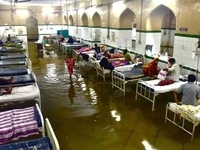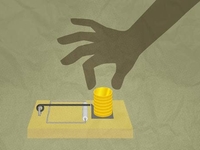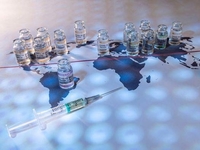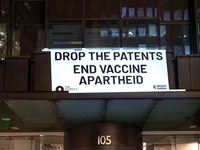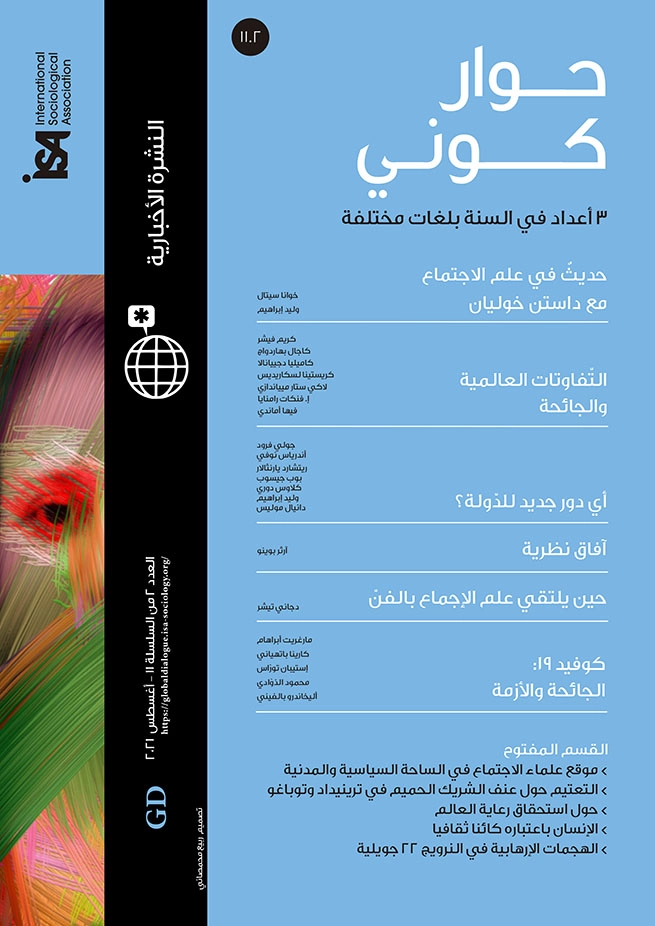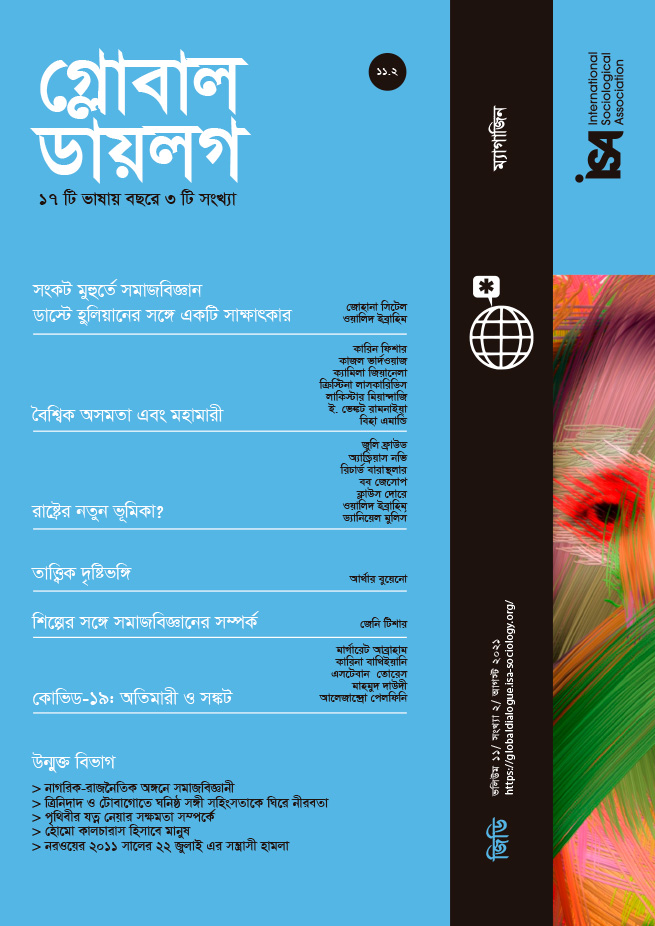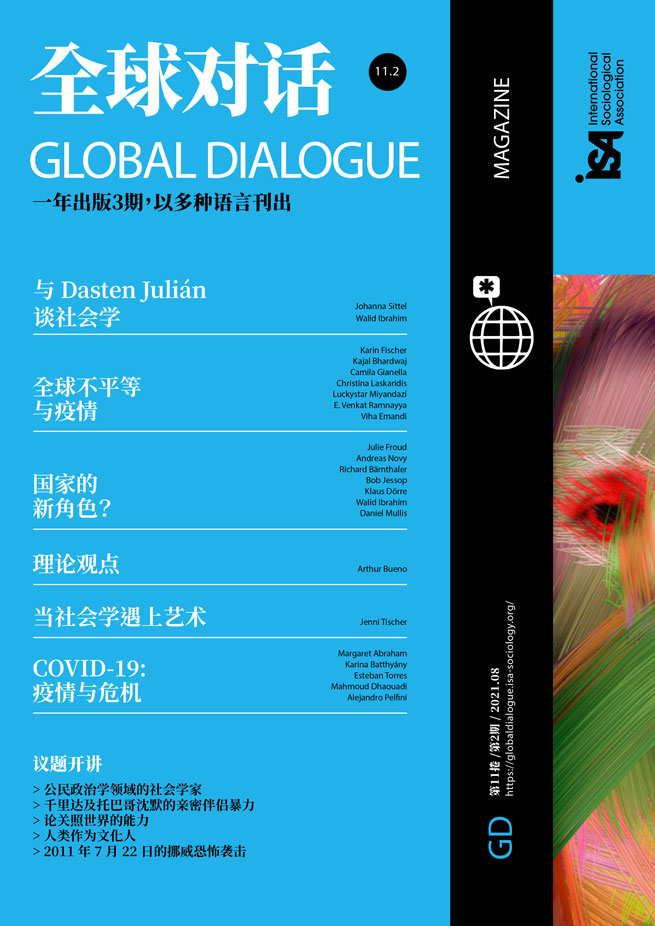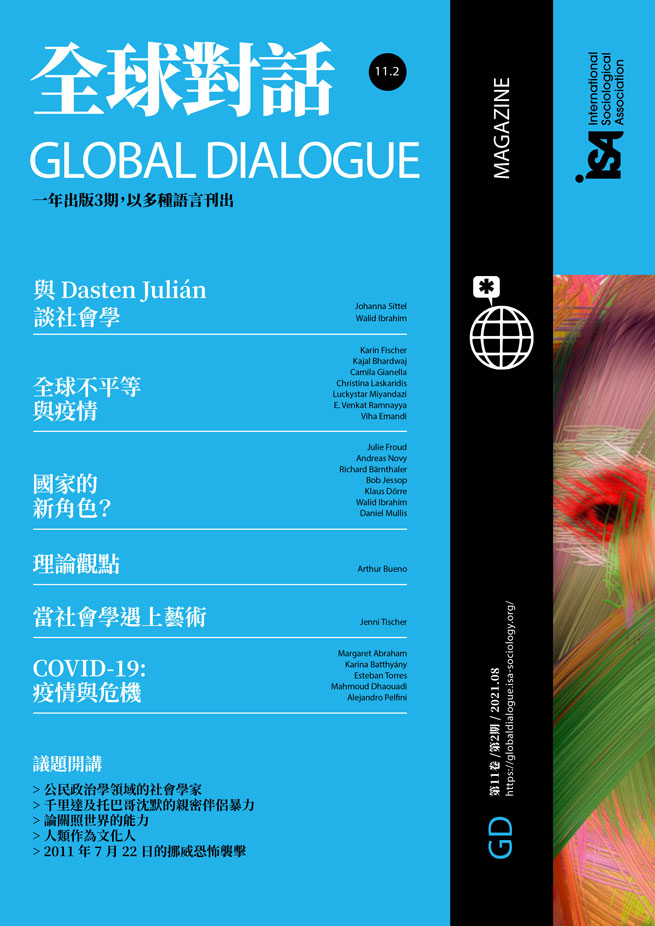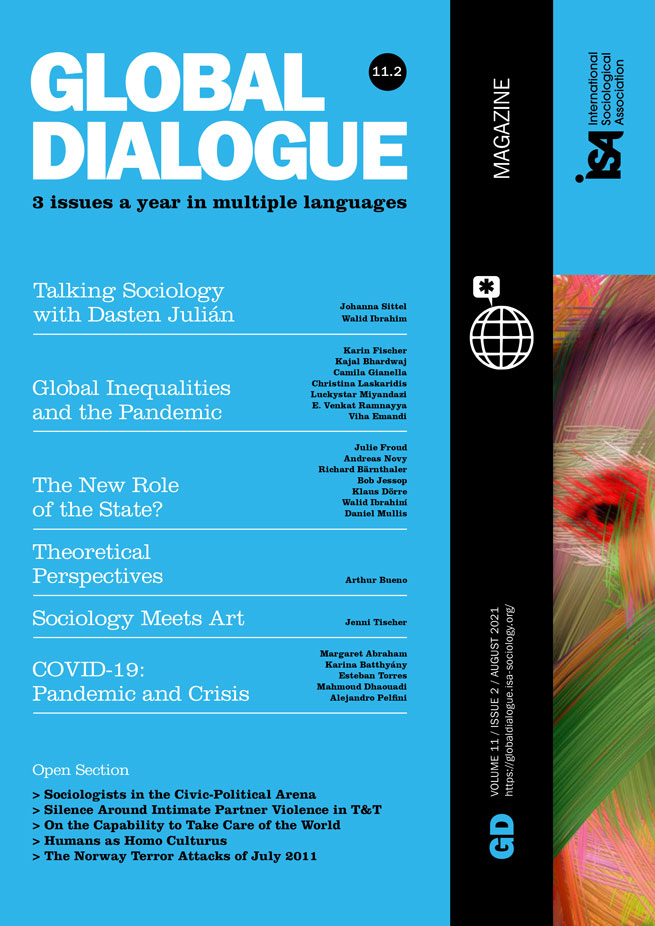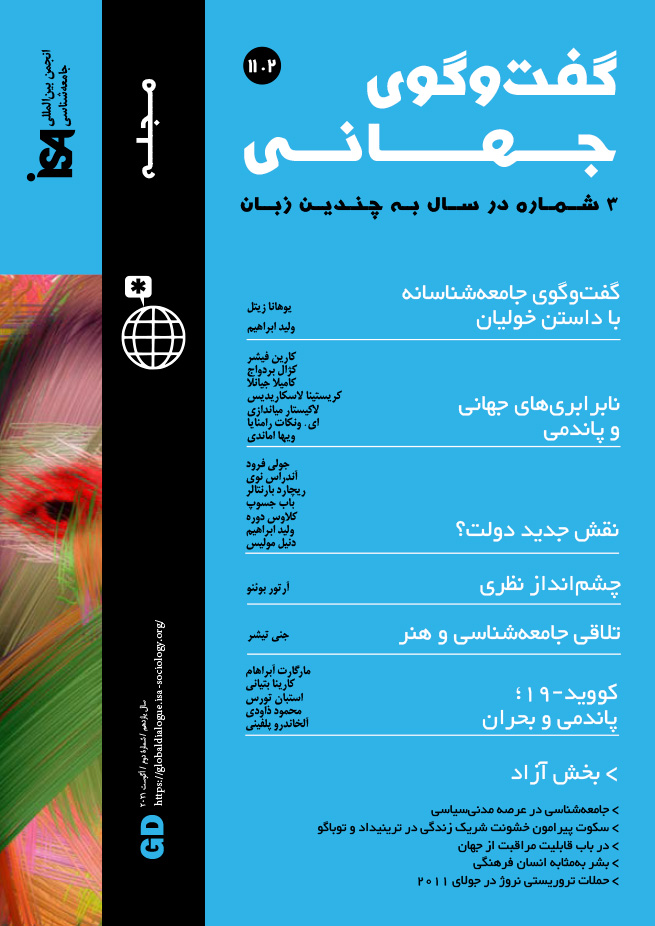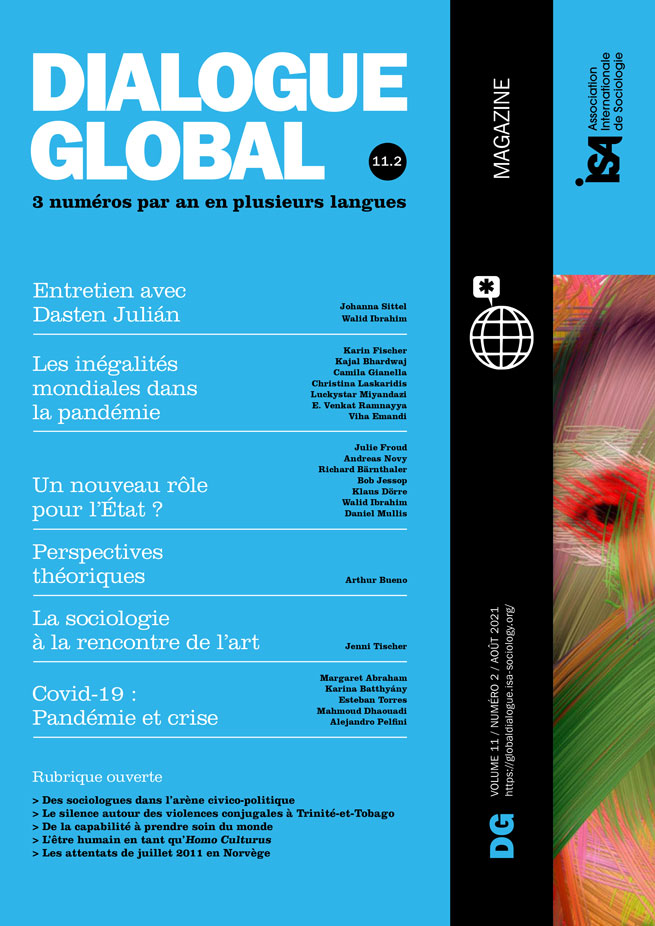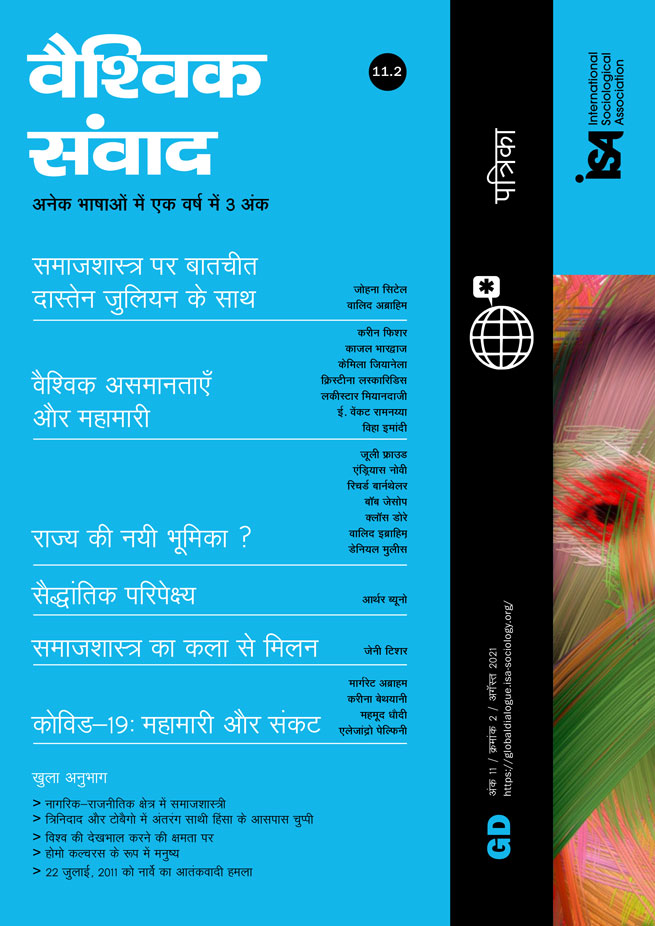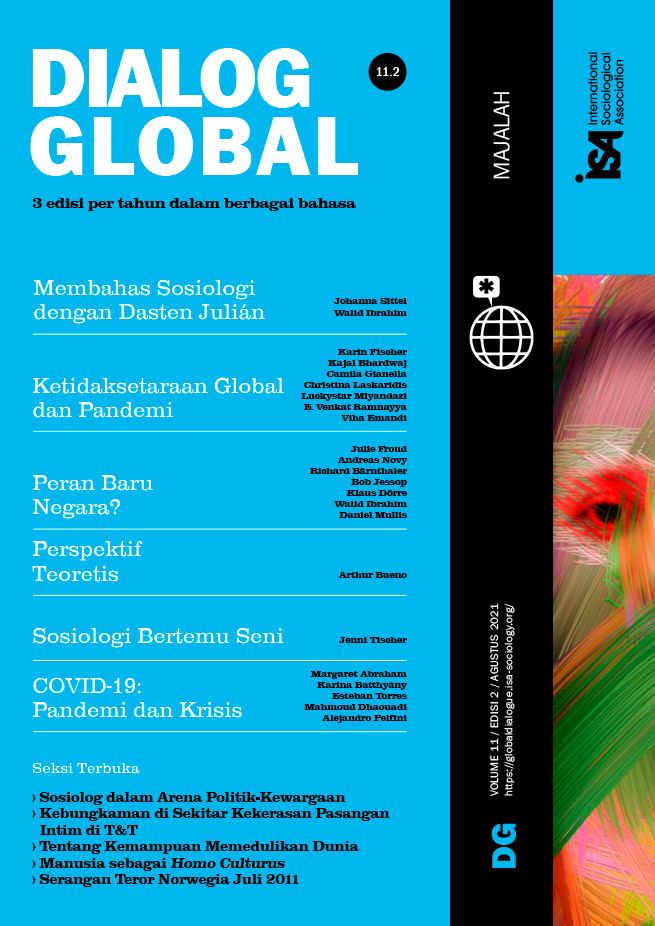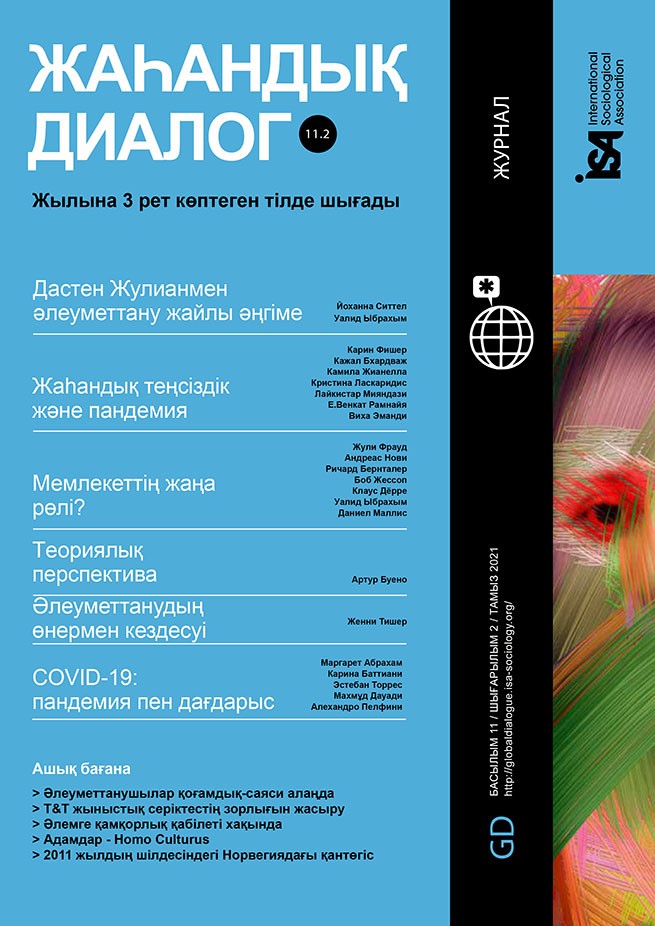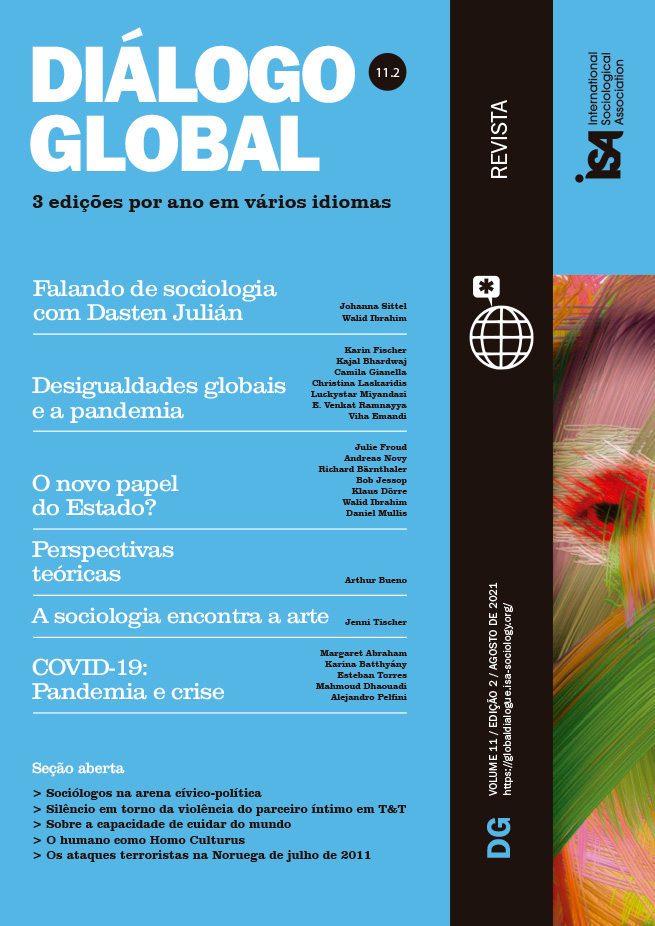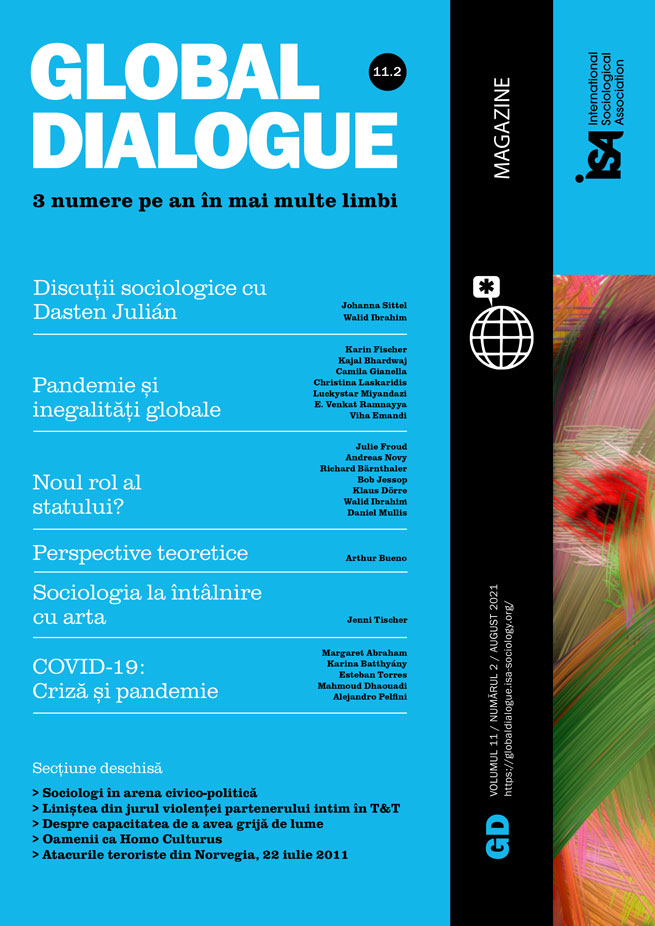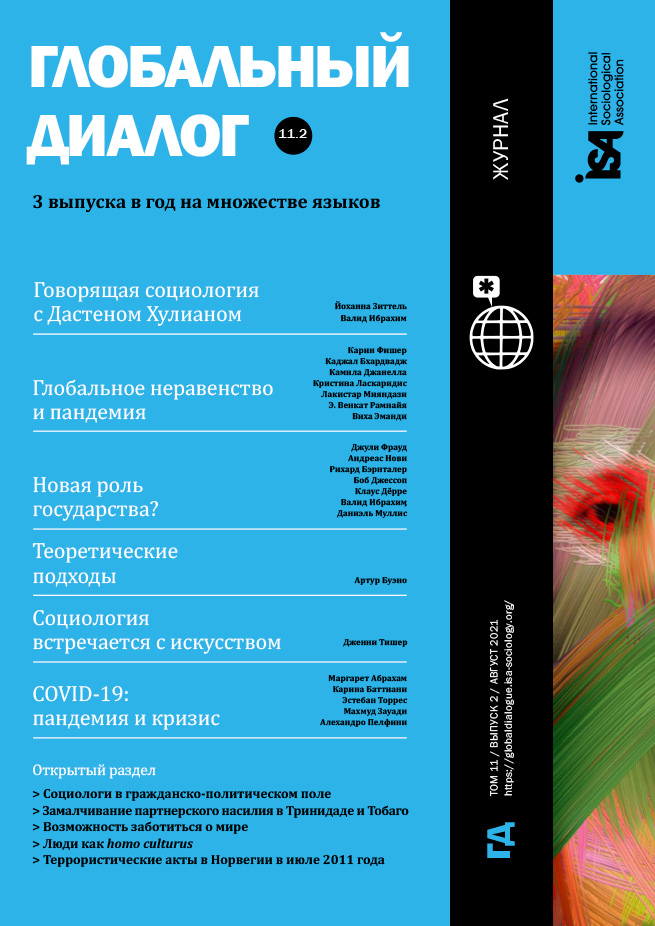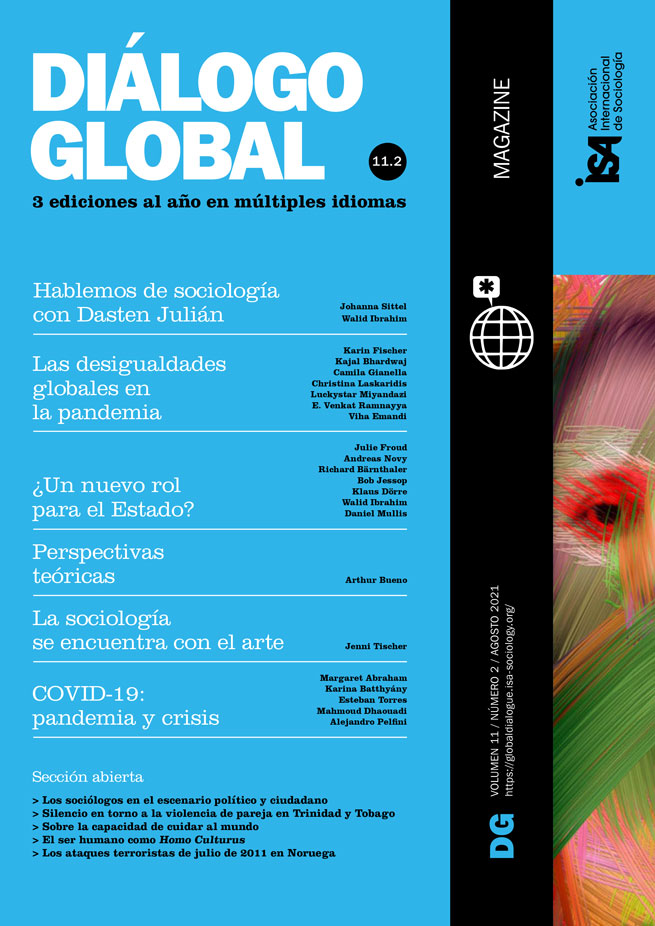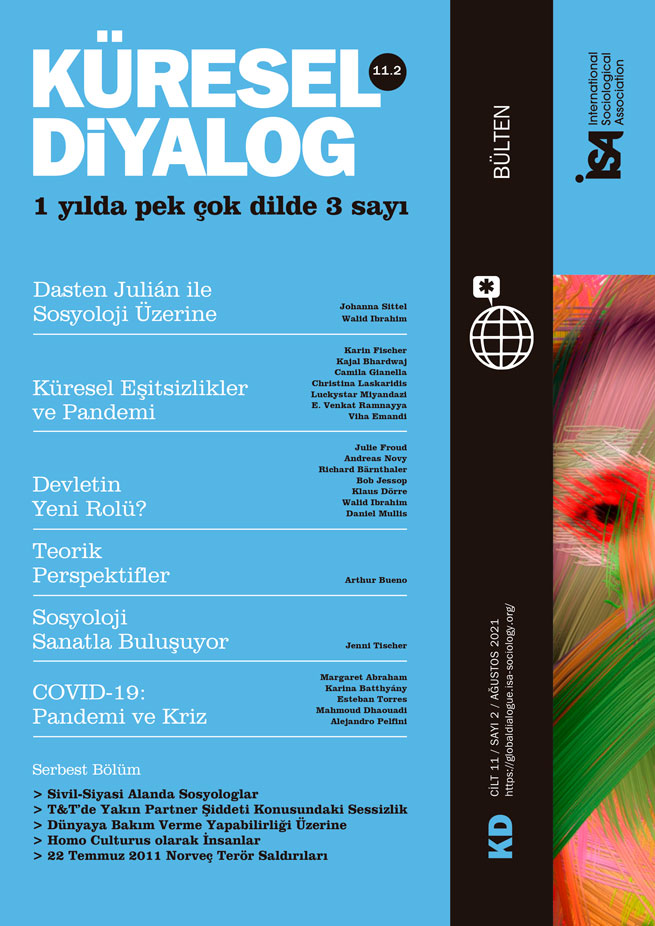Even before the coronavirus disease pandemic hit the globe in March 2020, global inequalities measured by most indicators had been on the rise for decades. The COVID-19 pandemic and its unprecedented consequences in almost all areas of life as we knew it has only further exacerbated these multidimensional aspects of inequality due variously to differences in nationality, age, gender, race, national or ethnic origin, religion, economic status, and other dimensions.
Backsliding on poverty and inequality
Although the prevalence and mortality rates of COVID-19 are still low in Africa, the continent is now being challenged to recover from the severe debt and financial crisis worsened by the pandemic. This is especially undermining Africa’s previous moves towards achievement of the 17 Sustainable Development Goals (SDGs) in areas such as improved health care, access to food, and education. More importantly, it undermines the acknowledgement in the SDGs, adopted by all United Nations member states in 2015, that ending poverty requires reducing inequality. At the continental level, Africa’saspirations under Agenda 2063, the continent’s long-term transformative vision to foster sustainable and inclusive economic growth and development, also prioritize ending poverty and inequality. Thus, inequality is closely linked to development and economic growth and has become a major policy issue globally.
Unfortunately, a United Nations report predicts that Sub-Saharan Africa will see the largest increase in extreme poverty in 2020, with an additional 26 million people living below the international poverty line because of the pandemic. This figure returns Sub-Saharan Africa to 2015 poverty levels, implying a loss of 5 years of progress in the region. Therefore, now more than ever, it is crucial for Africa to focus on improving the lives of the poorest and most marginalized through creating a sustainable, just, and equitable society in all aspects of life.
For many African countries, economic inequality - the unequal distribution of income and opportunity between different groups in society - is most concerning. Even the African countries with the highest Gross Domestic Product (GDP), such as Nigeria, South Africa, Egypt, Algeria, Morocco, and Angola, record some of the highest levels of poverty and inequality.
African countries face two further challenges in trying to reduce inequality and invest in growth and development: Illicit Financial Flows (IFFs) and the rising debt crisis.
Illicit financial flows
IFFs are money that is illegally earned, transferred, or utilized through certain commercial activities like hiding the real owners of companies through illegal shell companies; organized criminal activities like poaching, drugs, arms and human trafficking, oil and mineral theft; and corrupt practices which play a key role in facilitating these outflows. Rich multinational corporations, tax havens, and individuals are responsible for most of IFFs from the world’s poorest countries. There is a higher concentration of IFFs in certain sectors, notably the extractives and mining industries, which tend to end up in rich developed countries and trade partners of Africa. Looking back at the past two decades, endless tax-related scandals like Luanda Leaks, Mauritius Leaks, Lux Leaks, Swiss Leaks, the Panama Papers, and Paradise Papers, among others, have exposed the issue of IFFs and raised public and political concerns about dealing with them.
Available information from the United Nations Conference on Trade and Development (UNCTAD) shows that Africa is losing an estimated $88.6 billion - equivalent to 3.7% of its GDP a year - through IFFs. These outflows are nearly as much as the combined total annual inflows of official development assistance and foreign direct investment received by African countries. This shows Africa’s potential to do without foreign assistance if it were able to bring back the money lost through IFFs to invest in the continent’s development.
This is money that is being lost to a continent that is already suffering from a lack of revenue. IFFs are therefore not a “victimless crime” - they are harmful to individuals and society. It also has a striking developmental impact as it plays a major role in increasing the degree of socioeconomic inequality in Africa and globally through taking away money required for health, education, infrastructure, and other public goods and services.
Growing debt
Africa also faces an imminent financial crisis caused by rising debt problems due to borrowing from both public and private external creditors. With COVID-19, some African countries have asked for debt cancelation and debt relief to help them recover from the pandemic’s devastating health and economic effects.
However, for example, for a landlocked, resource-rich country like Zambia that only achieved lower middle-income status in 2011, the spiraling heavy external debt burden and recent default on its debt repayment are blamed by some of its citizens on political elites’ mismanagement, corruption, lack of transparency, and poor policy responses that only go towards fueling poverty and inequality rates. In 2020, Zambia became the first African nation to default on repayment of its $42.5 million Eurobond debt. Zambia has struggled with sustaining its external debt payments to other governments like China, to multilateral institutions, and to external private creditors, including loans and bonds. COVID-19 has exacerbated the human and economic crisis by overwhelming the health system, among other things. Key sectors of the economy like mining, agriculture, and tourism have been adversely affected by the pandemic, leading to job losses and high unemployment rates. The fiscal space to implement measures that could lead to more investment in social safety nets is limited due to debt and the multiple tax incentives given to multinationals.
Need for pro-poor tax policies
Domestic resource mobilization (DRM) through taxation and pro-poor national tax policies can play a key role in reducing economic inequality in many African societies and globally.
Taxation plays a key role and can affect equality by, for example, raising revenue that is then spent on providing much-needed public goods and services like education and public healthcare. Progressive taxes can be used as a means of redistribution of income, wealth, and maximizing social welfare, thus reducing economic disparities. Taxes can be a powerful social instrument that plays a significant part in the regulation of choices and behavior with implications for health outcomes, gender equity, and the environment. Taxes are also an important tool for representation and accountability as applying improved tax allocation to fund public services can particularly benefit the poor.
It is clear that tax is an essential resource for the achievement of development objectives and can play a key role in the reduction of inequality in Africa and globally. The role of tax should not be understood as one-dimensional; it goes further than just funding the response to and recovery from the pandemic to building more just and equitable societies.
Luckystar Miyandazi, Program Specialist, Tax Inspectors Without Borders, and Coordinator for Africa, UNDP Africa Financial Sector Hub, South Africa <AzreeStar@gmail.com>
